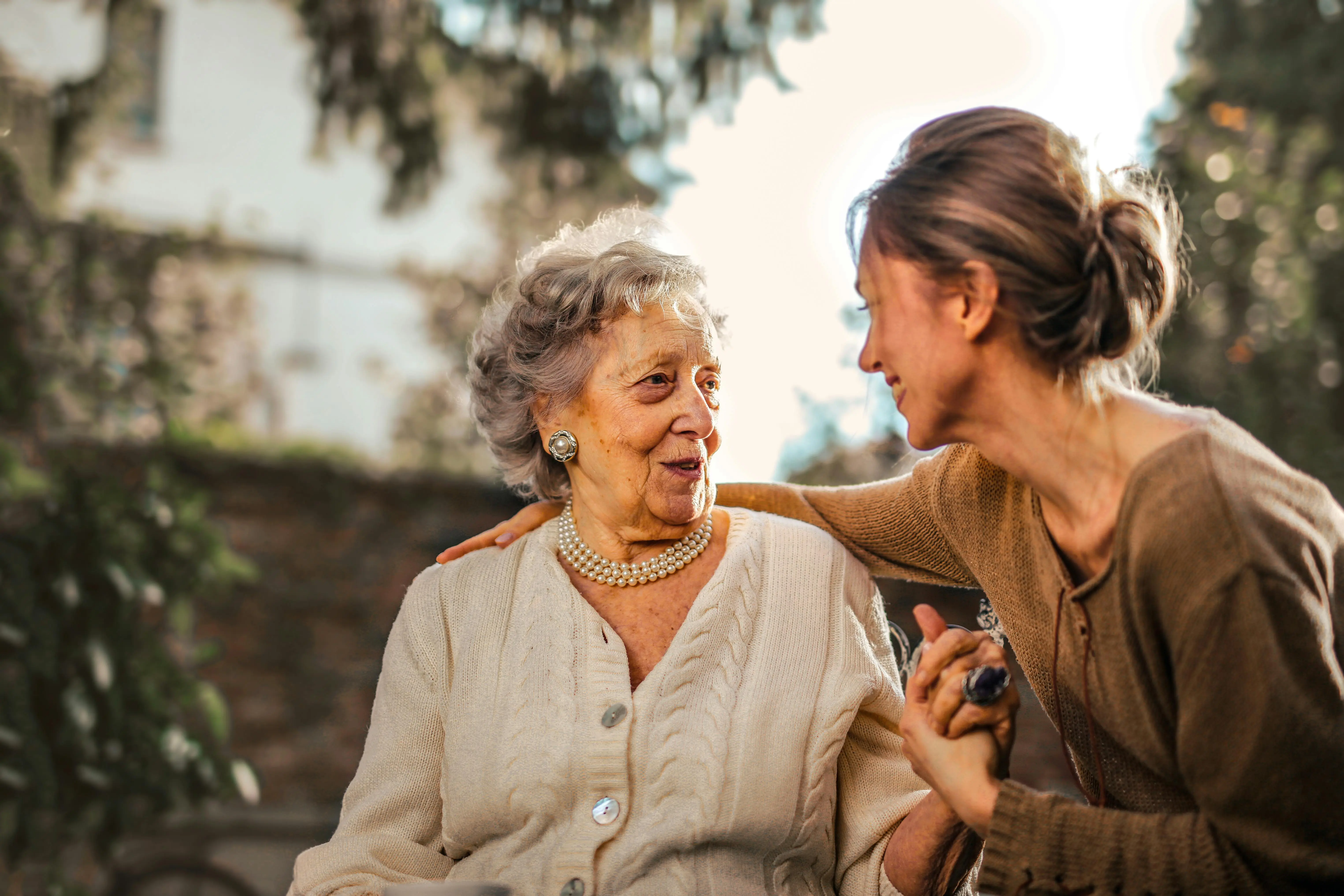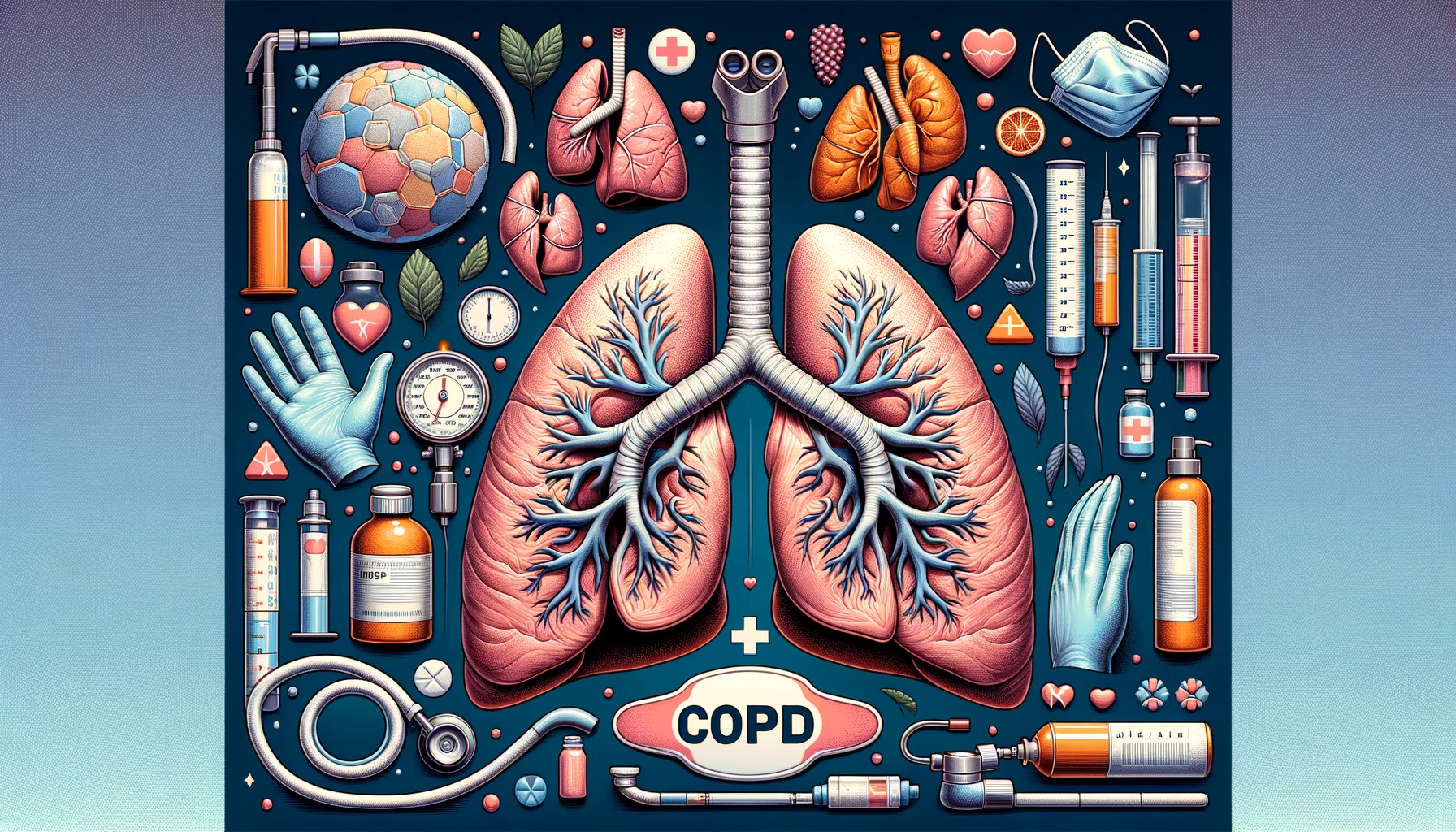Caretaker services are essential for providing personalized care to individuals who require assistance due to age, illness, or disability. Learn more about types, benefits, and selection tips.

Blog
Caretaker Services: A Detailed Guide to Caregiving Solutions
Caretaker services play a crucial role in providing support and assistance to individuals who need help with daily activities due to age, illness, or disability. These services ensure that your loved ones receive the care and attention they need to live comfortably and safely. In this comprehensive guide, we will explore various aspects of caretaker services, highlighting their importance, types, benefits, and how to choose the right caretaker for your needs.
Caretaker services are essential for individuals who require assistance with daily activities, ensuring they maintain their independence and quality of life. Professional caretakers provide personalized care, including help with personal hygiene, medication management, and mobility assistance. These services are particularly important for the elderly, individuals with chronic illnesses, and those recovering from surgery. By offering dedicated support, caretaker services help reduce the burden on family members and improve the overall well-being of the care recipients.
There are various types of caretaker services available to cater to the diverse needs of individuals. These services can be broadly categorized into in-home care, assisted living, and specialized care. In-home care involves providing support within the individual's home, allowing them to remain in a familiar environment. Assisted living facilities offer a more structured setting with access to medical care and social activities. Specialized care services, such as dementia or palliative care, focus on specific health conditions and provide tailored support to manage symptoms and improve quality of life.
Professional caretaker services offer numerous benefits for both the care recipients and their families. One of the primary advantages is the peace of mind knowing that your loved ones are in capable hands. Professional caretakers are trained to handle various medical and non-medical needs, ensuring that the care recipients receive comprehensive support. Additionally, caretaker services promote independence, reduce the risk of falls and injuries, and provide companionship, which is vital for emotional well-being. By alleviating the caregiving burden, these services also allow family members to focus on their own health and well-being.
Selecting the right caretaker is crucial for ensuring the best possible care for your loved ones. When choosing a caretaker, consider factors such as their qualifications, experience, and compatibility with the care recipient. It is important to conduct thorough background checks and verify references to ensure the caretaker's reliability and trustworthiness. Additionally, discussing the specific needs and preferences of the care recipient with potential caretakers can help in finding a suitable match. Engaging a reputable caretaker service agency can also provide peace of mind, as they typically have rigorous screening processes in place.
Elderly individuals often require specialized care to manage age-related health issues and maintain their independence. Caretaker services for the elderly include assistance with daily activities such as bathing, dressing, and meal preparation. These services also involve medication management, mobility support, and companionship to enhance the quality of life for seniors. Professional caretakers can also provide respite care, allowing family caregivers to take a break and recharge. By offering personalized and compassionate care, caretaker services help elderly individuals live comfortably and safely in their own homes or in assisted living facilities.
In-home care services are designed to provide support within the comfort of the individual's home. These services are ideal for those who prefer to remain in a familiar environment while receiving the care they need. In-home care can include a wide range of services, such as personal care, housekeeping, meal preparation, and medical assistance. Caretakers can also provide companionship and engage the care recipient in meaningful activities to promote mental and emotional well-being. In-home care services offer flexibility and can be tailored to meet the specific needs and preferences of the care recipient.
Individuals with chronic conditions often require specialized care to manage their symptoms and improve their quality of life. Caretaker services for chronic conditions, such as dementia, Parkinson's disease, or diabetes, involve providing personalized support to address the unique challenges associated with these illnesses. Specialized caretakers are trained to monitor health status, administer medications, and assist with daily activities. They also provide emotional support and engage the care recipient in activities that promote cognitive function and physical health. By offering tailored care, specialized caretaker services help individuals with chronic conditions live more comfortably and independently.
Palliative and end-of-life care services focus on providing comfort and support to individuals with terminal illnesses. These services aim to enhance the quality of life for the care recipient by managing pain and other distressing symptoms. Palliative care involves a holistic approach, addressing the physical, emotional, and spiritual needs of the individual. Caretakers work closely with healthcare professionals to ensure that the care recipient receives comprehensive and compassionate care. End-of-life care services also provide support to the family, helping them cope with the emotional and practical aspects of caring for a loved one in their final days.
Look for qualifications such as certifications in caregiving, first-aid training, and experience with specific medical conditions. Check for references and background verification for added reliability.
In-home care is ideal if your loved one prefers staying in their familiar environment and requires assistance with daily activities, medical support, or companionship.
In-home care provides personalized support within the individual's home, while assisted living offers a structured facility with access to medical care and social activities.
Some caretaker services may be covered by health insurance or government programs. It is best to consult your insurance provider for details.
Technology such as remote monitoring devices, telehealth consultations, and assistive tools can enhance the quality and efficiency of caretaker services.
Caretaker services are essential for providing the necessary support and care to individuals who need assistance with daily activities. Whether it is for the elderly, individuals with chronic conditions, or those in need of palliative care, professional caretaker services offer a wide range of benefits that improve the quality of life for care recipients and their families. By choosing the right caretaker and utilizing available technology, you can ensure that your loved ones receive the best possible care, allowing them to live comfortably, safely, and with dignity.
HealthOK Global offers comprehensive elderly care services to ensure the dignity and safety of seniors. Our expert caregivers provide personalized support, from routine health checks to emotional well-being assistance. Contact our FREE 24 x 7 Healthcare Helpline at +91-8047190955 for immediate support and assistance.
Stay connected with us and never miss an update by following us on social media! Our social channels are the perfect place to get the latest news, expert tips, and exclusive insights tailored just for you. Whether you're looking for health advice, product updates, or inspiring stories, we’ve got it all. Join our growing community on platforms like Whatsapp Facebook , LinkedIn and Instagram and be part of the conversation. Click the follow button today and stay informed, inspired, and engaged—right at your fingertips!
Selecting the right caretaker is crucial for ensuring the best possible care for your loved ones. When choosing a caretaker, consider factors such as their qualifications, experience, and compatibility with the care recipient. It is important to conduct thorough background checks and verify references to ensure the caretaker's reliability and trustworthiness. Additionally, discussing the specific needs and preferences of the care recipient with potential caretakers can help in finding a suitable match. Engaging a reputable caretaker service agency can also provide peace of mind, as they typically have rigorous screening processes in place.
Look for qualifications such as certifications in caregiving, first-aid training, and experience with specific medical conditions. Check for references and background verification for added reliability.
In-home care is ideal if your loved one prefers staying in their familiar environment and requires assistance with daily activities, medical support, or companionship.
In-home care provides personalized support within the individual's home, while assisted living offers a structured facility with access to medical care and social activities.
Some caretaker services may be covered by health insurance or government programs. It is best to consult your insurance provider for details.
Technology such as remote monitoring devices, telehealth consultations, and assistive tools can enhance the quality and efficiency of caretaker services.
Need Personalized Health Guidance?
Get expert advice tailored to your specific health needs from our qualified healthcare professionals.





